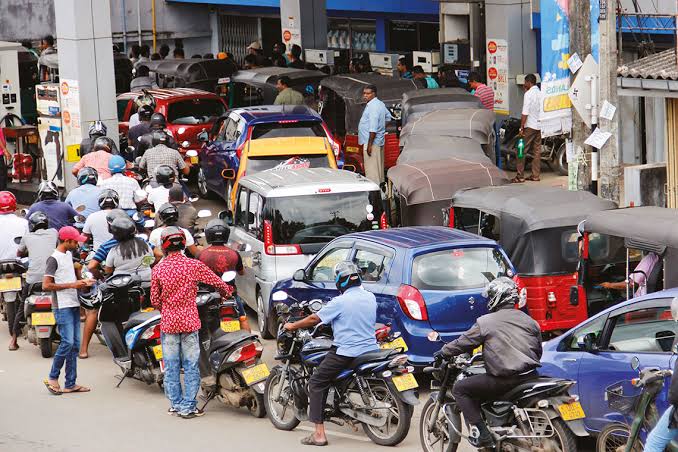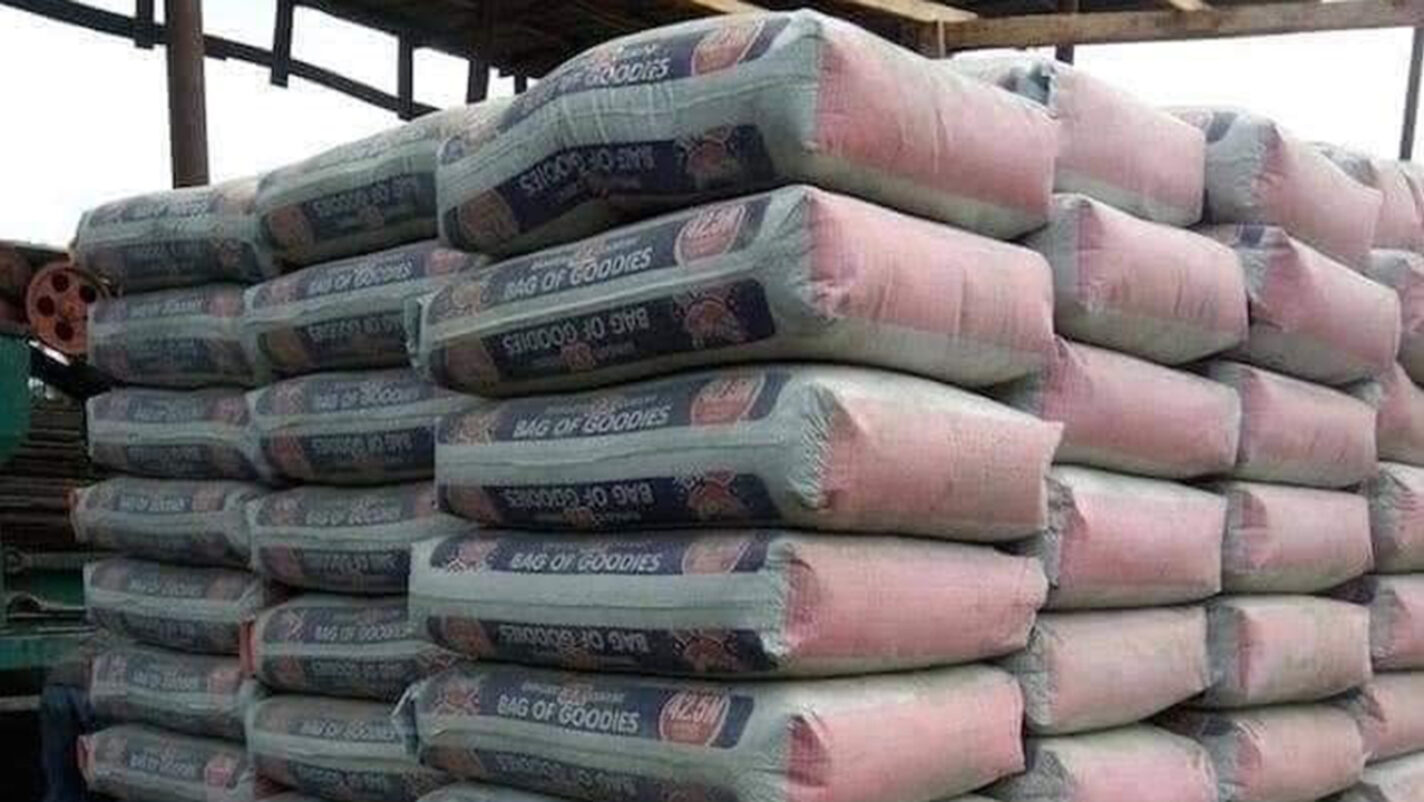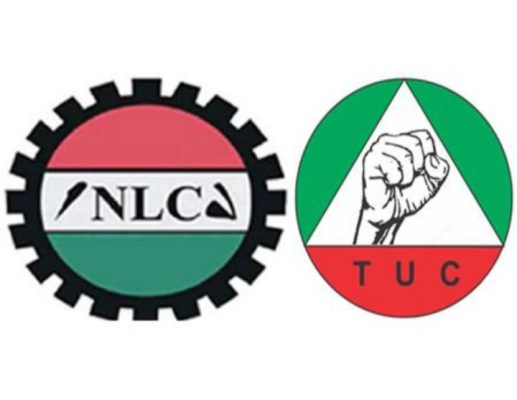Details later…
News
Lagos commuters beg for relief as petrol scarcity bites harder

..Marketers lament, urge Govt to act fast
By Sodiq Adelakun
Lagos commuters faced a difficult Monday as the lingering petrol scarcity continued to bite, leaving many stranded at bus stops across the city.
The crisis deepened as motorists scrambled to fill-up at dispensing stations, leading to a hike in fares.
With many filling stations shut and others selling the scarce commodity at exorbitant prices, tricycles and buses – the lifeline for daily commutes – were scarce, struggling to access fuel.
Some motorists revealed to NewsDirect that they purchased petrol at N900 and N1,000 per litre at filling stations, while roadside dealers sold the product for as high as N1,200 and N1,300 per litre.
The situation worsened as many filling stations stopped selling fuel altogether, exacerbating the woes of commuters who were forced to pay inflated fares or trek long distances to their destinations.
In most of the bus stops visited by NewsDirect on Monday, survival of the fittest was the prevailing philosophy as hordes of commuters were seen running after a few commercial buses.
However, chaos erupted at bus stops across Lagos on Monday as observed by our correspondent when desperate commuters scrambled to secure a spot on the few available commercial buses.
The transportation system has been thrown into disarray, leaving many wondering when the situation will improve.
Recall the crisis began after President Bola Tinubu announced the end of the petrol subsidy regime on May 29, 2023, aiming to allow market forces to determine pump prices, boost government revenue, and reduce disruptions in the value chain.
However, the move has triggered severe petrol scarcity, leading to a hike in fares across Lagos.
Commuters are feeling the pinch, with fares skyrocketing by as much as 50 percent.
For example, the journey from Kola roundabout to Agege, which previously cost N400 or N300, now costs N800. Similarly, the trip from Agege to Alausa in Ikeja has increased from N300 to N400.
According to one of the commuters, Temitope, he said, “Oh my goodness, I can totally relate to this! I was at the bus stop yesterday and it was like a war zone! People were pushing and shoving, trying to get on the few buses available.
“I was lucky to get on one, but I had to pay N800 for a journey that normally costs N400! It’s like they’re taking advantage of our desperation. And to think it’s all because of the petrol scarcity caused by the removal of the subsidy.
“I understand the government’s intention, but they should have had a better plan in place to mitigate the effects on commuters like us. This is really tough, and I hope they find a solution soon!”
Also, a female marketer, Promise, has lamented the devastating impact of the ongoing petrol scarcity on her business, echoing the plight of many others in the sector.
She said, “This petrol scarcity is affecting my business so much! I sell perishable goods at the market, and I need to transport them daily from one place to another.
“But with this scarcity, the few buses available are hiking their fares and it’s eating into my profit. I used to pay N400 or N300 from Kola roundabout to Agege, but now they’re asking for N800! And from Agege to Alausa, it’s now N400 instead of N300.
“How am I supposed to make a living like this? The government should do something to help us, we’re suffering! I’m a widow with three children to feed, and this is really affecting my family. Please, something needs to be done urgently!”
News
Cement price hike causing building collapse – COREN


Cases of building collapse in the country have been attributed to the arbitrary increase in the price of cement by producers of the product.
The President of the Council for the Regulation of Engineering in Nigeria, Sadiq Abubakar, stated this on Monday in his remarks at the investigative hearing organised by the House of Representatives Joint Committee on Solid Minerals, Industry, Commerce and Special Duties, to probe the price increase of cement in recent times.
This was as the Chairman of the Joint Committee and member representing Karu/Keffi/kokona Federal Constituency, Nasarawa State, Gaza Gbewfi, summoned the Chairman of the Cement Producers Association of Nigeria, David Iweta, for questioning over the development.
Iweta, who did to turn up for the investigative hearing on Monday, was summoned after previously turning down two invitations by the committee.
The committee also charged the association to desist from using frivolous court injunctions to interfere in its work as guaranteed by the provisions of the 1999 constitution (as amended)
“You will agree with me that an increase in the price of cement is one of the key culprits of building collapse. I am trying to connect the hike in the price of cement with the standardisation in our building and the direct connection of building collapse.
“There is a connection with that, and I think this something we must interrogate,” the COREN President said.
Gbewfi, while agreeing with Abubakar, also argued that the cost of cement has also brought about an increment in housing rents across the nation.
“Anything that has to do with livelihood should be treated as an emergency’” the committee chairman said.
At the investigative hearing, the joint committee also queried representatives of the Nigeria Building and Road Research Institute and the Federal Competition and Consumers Protection Council on the arbitrary price increase.
Gbewfi also chided the representative of the Chief Executive Officer of the FCCPC, Boladale Adeyinka for not doing enough to protect the consumers of cement in line with the Act establishing the agency, saying, “You are a mother that has forgotten your children.”
News
Osun State Assembly okays salary increase for political office holders


The Osun State House of Assembly is to send a bill to Governor Ademola Adeleke to increase the salary package of some political office holders.
This was made known by the Speaker of the Assembly, Adewale Egbedun, during plenary on Monday.
The News Agency of Nigeria reports that the salary increment bill titled, ‘Osun State Public/Political Office Holders Reviewed Remuneration Package (Amendment No. 2) Bill 2024,’ was presented to the Assembly on April 30, 2024.
The Majority Leader and the lawmaker representing Ede North State Constituency, Kofoworola Adewunmi, presented the bill to the House as a private member bill.
While reading the policy thrust of the bill, Adewunmi stated that the last time the salaries of public/political office holders in the state were reviewed upwards was in 2007.
He said the salaries stipulated for public office holders in the Osun State Public/Political Office Holders Remuneration Package Law 2007 was, however, no more in tandem with the current economic realities.
“You will agree with me that the current economic reality is not the same as what was obtainable 17 years ago when the law was passed.
“It has, therefore, become imperative to review upwards, the salaries of some public/political office holders to better their living standard which is in tandem with the five points agenda of Governor Ademola Adeleke.
“In addition, the State Assembly resolution taken on May 8, 2008 wherein there was an upward review of the remuneration package of some public/political office holders not covered by Revenue Mobilisation, Allocation and Fiscal Commission, as proposed by the state government, has been further reviewed and subsumed under this bill.” he stated
He equally clarified that the salary increment didn’t affect or cover the lawmakers’ salaries, explaining that state lawmakers’ salaries are statutorily reviewed by the National Assembly.
News
Minimum wage: Labour issues two-week ultimatum to defaulting states


The organised labour comprising of the Nigeria Labour Congress and Trade Union Congress, on Monday, ordered state chapters to issue two weeks ultimatum to states that have failed to implement the old N30,000 minimum wage.
The NLC and TUC took this decision during a jointly held National Executive Council meeting which took place on Monday.
“NEC-in-session further directed all state councils whose state governments are yet to fully implement the N30,00 national minimum wage and its consequential adjustments to issue immediately a joint two-week ultimatum to the culpable state governments to avert industrial action,” NLC’s National President, Joe Ajaero; and TUC’s National President, Festus Osifo, said in a statement.
Speaking further, the unions also called for a one-day action in Anambra State following what was described as the failure of the state government to meet the demands of civil servants in the state.
“Consequently, the NEC-in-session accordingly reaffirms the NLC and TUC joint ultimatum earlier issued to the Anambra State Government by its Anambra State councils. It therefore directed all affiliates and workers in the state council to mobilise their members to ensure a successful action in the event the state government fails to meet the demands of workers by Thursday, the 23rd of May, 2024.
“In the event that the government fails to meet the demands outlined within the stipulated timeframe, the NEC authorises the leadership of the NLC and TUC to take appropriate actions, including but not limited to the mobilisation of workers for peaceful protests and industrial actions, to press home these demands for social justice and workers’ rights.
“NEC therefore calls on all affiliate unions, and workers including Civil Society Organisations across Nigeria to remain united and steadfast in solidarity during this critical period. Together, we shall prevail in our pursuit of a fair and just society that guarantees the dignity and well-being of all its citizens,” the statement added.
-
Finance4 months ago
Court orders Sen. Victor Umeh to repay N136m bank debt to AMCON
-



 Abuja Update3 months ago
Abuja Update3 months agoUNDP, FG partnership needed to achieve inclusion, equity- Minister
-
Abuja Update2 months ago
Banks drive stock market performance with N147bn gain
-
capital market2 years ago
Rt.briscoe, FBNH, Others halts negative performance of stock market
-
Submission Guidelines5 months ago
CALL FOR SUBMISSIONS: POETRY COLUMN-NND
-



 Health1 month ago
Health1 month agoCapacity training will reduce migration of health workers- NPHCDA
-



 Business4 weeks ago
Business4 weeks agoTingo Group unveils Tingo Electric, Tingo Cola drink at Lagos launch
-
News5 months ago
Oil thieves sponsoring malicious media campaign against Navy – Spokesman
















